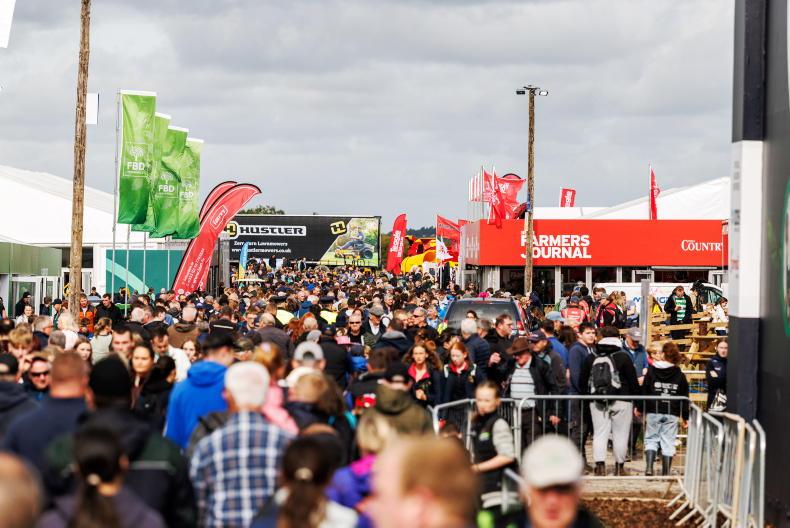A support package worth up to £25m for NI dairy and beef producers is to be paid out over the next few weeks.
The funding from the NI Executive was announced by Finance Minister Conor Murphy on Tuesday, with the allocation made to DAERA for “agri food sector market intervention”.
Agriculture Minister Edwin Poots described the funding package as a lifeline to many businesses.
Cash injection
“This cash injection is the most generous allocation made by any UK or EU administration for the agriculture sector during the coronavirus emergency and reflects the deep and complex challenges the industry faces,” he said.
Some of the money may also be allocated to horticulture businesses, particularly in the ornamental sector. However, the minister wants to see the impact that re-opening garden centres has before making final decisions on the funding required.
Minister Poots also confirmed that he has asked officials to identify any further money from within his own department that could potentially be used to enhance this current allocation.
However, while sheep farmers are not included this time around, there remain concerns that the sector could take a hit later in the year. Also where beef and dairy prices will be this autumn is not known, so there is a view that if there is additional money available, it should be held back for now.
Options
As yet, there is no detail as to how the current £25m allocation will be paid out to farmers, with DAERA officials presenting a number of options to the minister. At a press event on Wednesday, minister Poots said that he will seek the views of members of the Stormont agriculture committee before making final decisions.
However, it is understood that the beef allocation could end up targeted at finishers (potentially excluding cattle dealers) who killed cattle in the six-week period from mid-March.
For dairy, the case is much cleaner, and it will most likely be a payment per litre.
Payments will probably be capped at state aid limits (currently a maximum of €20,000 per farm over three years).
The other issue is how much to pay out per head or per litre, with officials understood to be working on the basis that the money is only to cover reductions in prices that are COVID-19 related.
So for example, base milk prices in February averaged over 25p/l, but are back over 2p/l since then. In beef, the average price paid for prime cattle at the end of February was 332.49p/kg, and by mid-April this had fallen to 315.56p/kg. On a 380kg animal it is a drop of £64 per head.
The only problem with that calculation is that it assumes prices would have remained flat in normal circumstances, yet at the start of the year there were good grounds for believing that returns would have risen this spring, especially for beef.









SHARING OPTIONS